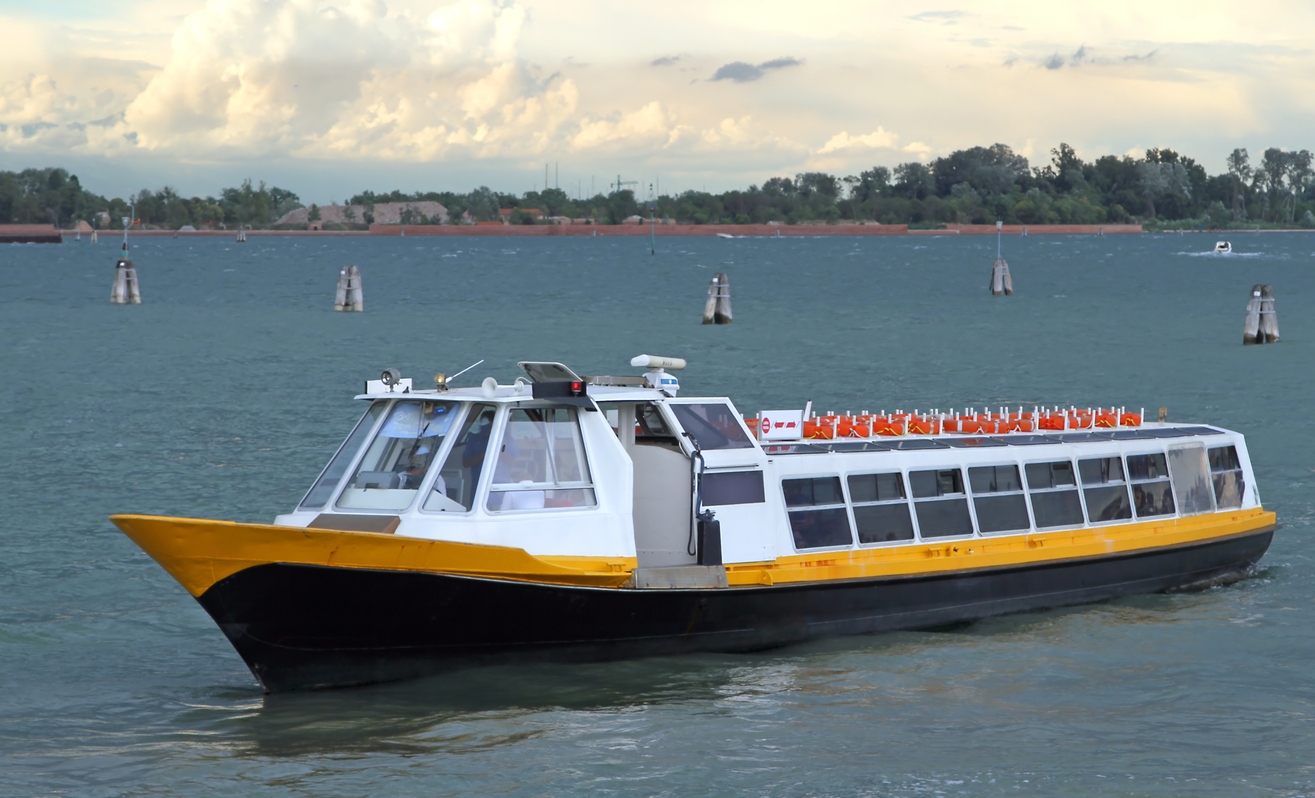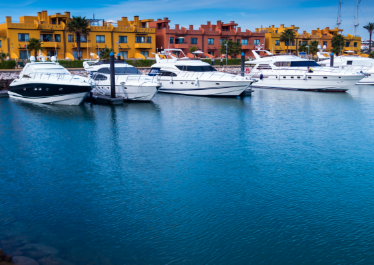Electric Boats: The Risks and Challenges of Lithium Batteries

Like cars, electric boats are becoming increasingly popular. There are many advantages: less impact on marine ecosystems, improved performance, reduced noise... At the heart of this revolution are lithium batteries. They are characterized by their long life, lightweight, and energy efficiency. But that's not all: they don't emit harmful gases into the air or pollutants into the water, and they help reduce noise pollution for both wildlife and potential residents. However, recycling and replacing batteries at the end of their life is still a prickly subject.
Lithium Batteries: Balancing Performance and Safety
You may not know this, but there are several types of lithium batteries. They all have strengths and weaknesses, which need to be considered from a boating perspective.
Lithium-ion (Li-ion) Batteries
Lithium-ion batteries are known for their high energy density, long life, and low weight. They are available in a variety of configurations, including LiFePO4 (lithium iron phosphate), NMC (nickel manganese cobalt), and LFP (lithium iron phosphate). Their performance and availability in numerous variants make them a popular choice for marine activities. Historically, this type of battery has been used mainly in electric cars.
Lithium Polymer (Li-po) Batteries
Lithium-polymer batteries offer a slightly higher energy density than Li-Ion batteries but are more expensive and require additional safety and handling precautions. Their use is less common in the marine environment, but they may be considered for specific applications.
Lithium Titanate (Li-Titanate) Batteries
Lithium Titanate batteries are characterized by their fast-charging capacity, long life, and tolerance to extreme temperatures. They are less prone to overheating problems and are considered very safe. However, their lower energy density makes them less attractive for specific applications.
Lithium Iron Phosphate (LiFePO4) Batteries
Lithium-iron-phosphate batteries are known for their safety, long life, and tolerance to extreme temperatures. Their chemical stability makes them especially popular for marine applications. These batteries are Dolphin Charger's preferred technology due to their optimal power/stability ratio. Although they do not entirely replace NCA batteries, LFP batteries are increasingly used in the automotive sector.
Risks Associated with Lithium Batteries for Electric Boat Equipment
Despite their performance, there are risks associated with the use of lithium batteries. Understanding these hazards and preventive measures is essential to ensure the safety of marine equipment.
Thermal Runaway and its Consequences
When exposed to prolonged overheating, lithium batteries can undergo thermal runaway. This leads to a chain reaction that raises the battery's temperature, causing flammable electrolytes, gas leakage, sparks, flames, and even explosions. Analyses by specialized organizations highlight the main risk factors: misuse, manufacturing anomalies, and mechanical shocks.

Environmental impact and safety
Lithium batteries also present challenges in terms of environmental impact. Shocks and overcharging can alter battery safety, increasing the risk of accidents. Moreover, the market value of small-volume lithium batteries makes them attractive to thieves. Some manufacturers are offering solutions that allow users to take their batteries with them at the end of the day, a practice that remains marginal for now but could develop.
Choosing the Right Lithium Battery for Your Electric Boat
Choosing the right lithium battery is essential to optimize your electric boat’s performance. This choice must consider the boat's primary usage, whether it’s for recreational or professional purposes.
Matching the battery to the boat
Choosing a battery must match the boat’s usage. A yachtsman uses his boat recreationally, with fewer constraints than a professional who regularly operates a shuttle. A professional needs powerful chargers to recharge the batteries and quickly maximize the boat's uptime.
Regulatory and Technical Considerations
Regulatory and technical requirements also vary by use. A passenger transportation professional needs to ensure that the boat is in continuous operation, which requires fast charging. On the other hand, a yachtsman has longer, less frequent recharging times, reducing the need for charging.
The Importance of Choosing the Right Charger
When choosing a battery, you must also select a suitable charger. Dolphin Charger recommends chargers that match the battery fleet and specific applications. An unsuitable charger may not only reduce the charging efficiency but also compromise the safety of the installation.
Read also: Which battery charger for your boat?
Dolphin Charger has chosen Lithium Iron Phosphate batteries, which offer the best power/stability ratio. Take advantage of our expertise to optimize your installation safety and performance. For help choosing your battery and charger, contact us!


